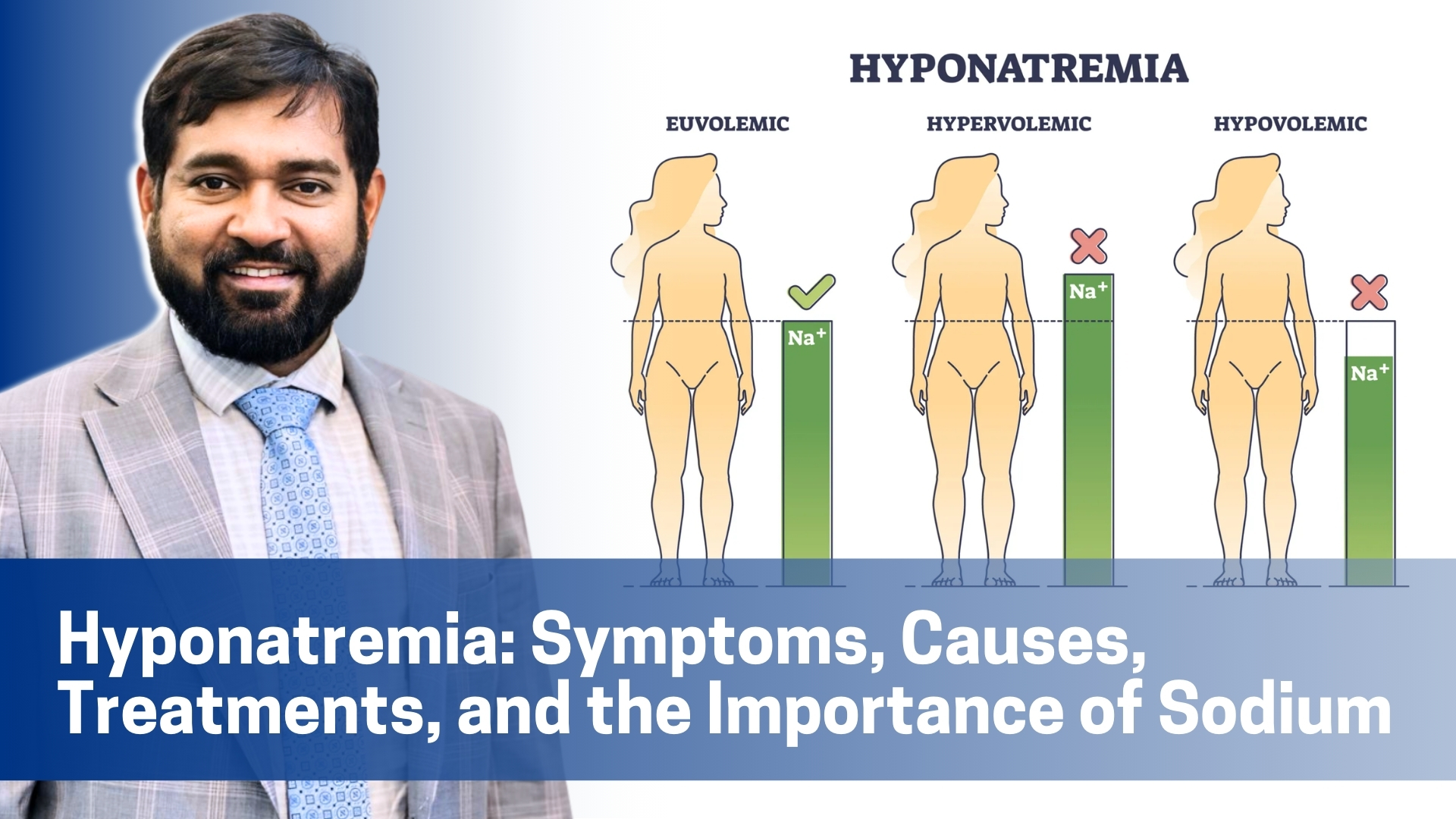02
Lifestyle Healing For Overall wellness
In the quest for overall wellness, lifestyle healing emerges as a holistic approach that integrates various practices aimed at nurturing the body, mind, and spirit. Central to this paradigm is nutrition, which serves not only as a source of sustenance but also as a powerful catalyst for optimal health. This article explores the essential components of nutrition and other lifestyle practices that contribute to holistic well-being.
Lifestyle Healing for Overall Wellness
In the quest for overall wellness, lifestyle healing emerges as a holistic approach that integrates various practices aimed at nurturing the body, mind, and spirit. Central to this paradigm is nutrition, which serves not only as a source of sustenance but also as a powerful catalyst for optimal health. This article explores the essential components of nutrition and other lifestyle practices that contribute to holistic well-being.
Nutrition – Nourishing the Body and Mind
Nutrition is a cornerstone of holistic health, creating a vital connection between physical, mental, and emotional well-being. A balanced diet rich in essential nutrients fuels the body's myriad functions and promotes vitality.
Essential Nutrients for Vitality
A well-rounded diet should include:
- Proteins: Essential for tissue repair and muscle growth.
- Carbohydrates: The body's primary energy source.
- Fats: Necessary for hormone production and nutrient absorption.
- Vitamins and Minerals: Crucial for various biochemical processes.
Incorporating a variety of foods ensures an adequate supply of these nutrients, fostering resilience and energy.
Mindful Eating Practices
Mindful eating involves cultivating awareness during meals. This practice enhances enjoyment and promotes optimal digestion by encouraging individuals to:
- Eat slowly and without distractions.
- Listen to hunger cues.
- Savor the sensory experience of food.
Research indicates that mindful eating can help manage weight, reduce emotional eating, and improve overall health outcomes 1 2 3 .
Personalized Nutrition
Recognizing individual differences in dietary needs is crucial. Personalized nutrition tailors recommendations based on specific health goals, preferences, and nutritional deficiencies. This approach empowers individuals to make informed choices that align with their unique requirements.
Nutrient-Dense Foods
Focusing on nutrient-dense foods—such as fruits, vegetables, whole grains, and lean proteins—provides essential vitamins and minerals while supporting cognitive function and emotional well-being. These foods are linked to reduced stress levels and improved mood 4 .
Balancing Macronutrients
A balanced intake of macronutrients—proteins, carbohydrates, and fats—is vital for maintaining health. Each macronutrient serves specific functions within the body:
- Proteins support cellular structure.
- Carbohydrates provide energy.
- Fats assist in nutrient absorption.
A harmonious balance among these macronutrients is essential for optimal health.
Emotional Healing
Emotional well-being is integral to holistic health. Understanding the psychological aspects of eating can aid in developing healthier relationships with food.
Emotional and Comfort Eating
Emotional eating often arises from psychological triggers rather than true hunger. Addressing these connections involves fostering mindfulness around eating habits, recognizing triggers, and finding alternative coping mechanisms 5 .
The Gut-Brain Axis
The gut-brain axis highlights the connection between digestive health and mental well-being. A healthy gut microbiome influences neurotransmitter production, impacting mood and cognition. Incorporating probiotics, prebiotics, and fiber-rich foods can enhance gut health, thereby supporting mental wellness.
Holistic Practices for Wellness
Beyond nutrition, various lifestyle practices contribute to overall wellness:
Mindful Meditation and Breathwork
Mindful meditation encourages individuals to focus on their breath, promoting mental clarity and emotional balance. This practice fosters self-awareness and cultivates inner peace that extends into daily life.
Cooking Therapy
Engaging in cooking therapy transforms meal preparation into a mindful practice. Selecting ingredients and savoring meals fosters creativity while enhancing the connection between food and well-being.
Expressive Arts Therapy
Creative expression through art forms such as music or dance serves as a therapeutic outlet for exploring emotions. These modalities facilitate deeper self-understanding and healing beyond verbal communication.
Yoga – Union of Body and Spirit
Yoga harmonizes physical postures with breath control and meditation. This practice encourages self-awareness, stress reduction, and inner peace while promoting a balanced lifestyle.
Nature Therapy – Grounding
Nature therapy involves immersing oneself in natural environments to foster tranquility and grounding. Activities like hiking or gardening reconnect individuals with nature's rhythms, enhancing overall well-being.
Conclusion
Lifestyle healing encompasses a multifaceted approach to wellness that integrates nutrition with various holistic practices. By prioritizing mindful eating, personalized nutrition, emotional healing techniques, and engaging in therapeutic activities like yoga or nature therapy, individuals can cultivate a harmonious relationship between body, mind, and spirit. This comprehensive approach not only promotes immediate health benefits but also sets the foundation for long-term vitality and resilience.For further exploration of these concepts in academic literature, consider reviewing studies available on Google Scholar related to mindful eating practices 6 7 , the gut-brain connection 8 , or the benefits of yoga on mental health .
References
- Healthline. (2024). Mindful Eating 101 — A Beginner's Guide. Link
- Cleveland Clinic Health Essentials. (2024). How to Practice Mindful Eating. Link
- Calm.com Blog. (2024). How Mindful Eating Can Boost Your Mental and Physical Health. Link
- HelpGuide.org. (2024). Mindful Eating: Benefits, Challenges, and Strategies. Link
- USU Extension Nutrition Research. (2013). Mindful Eating: Benefits, Challenges, and Strategies. Link
- Google Scholar - Mindful Eating Practices. Link
- Google Scholar - Gut-Brain Connection Studies. Link
- Google Scholar - Benefits of Yoga on Mental Health. Link
- Google Scholar - Holistic Nutrition Research Studies. Link




